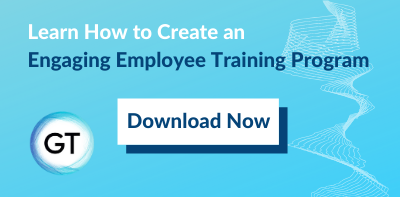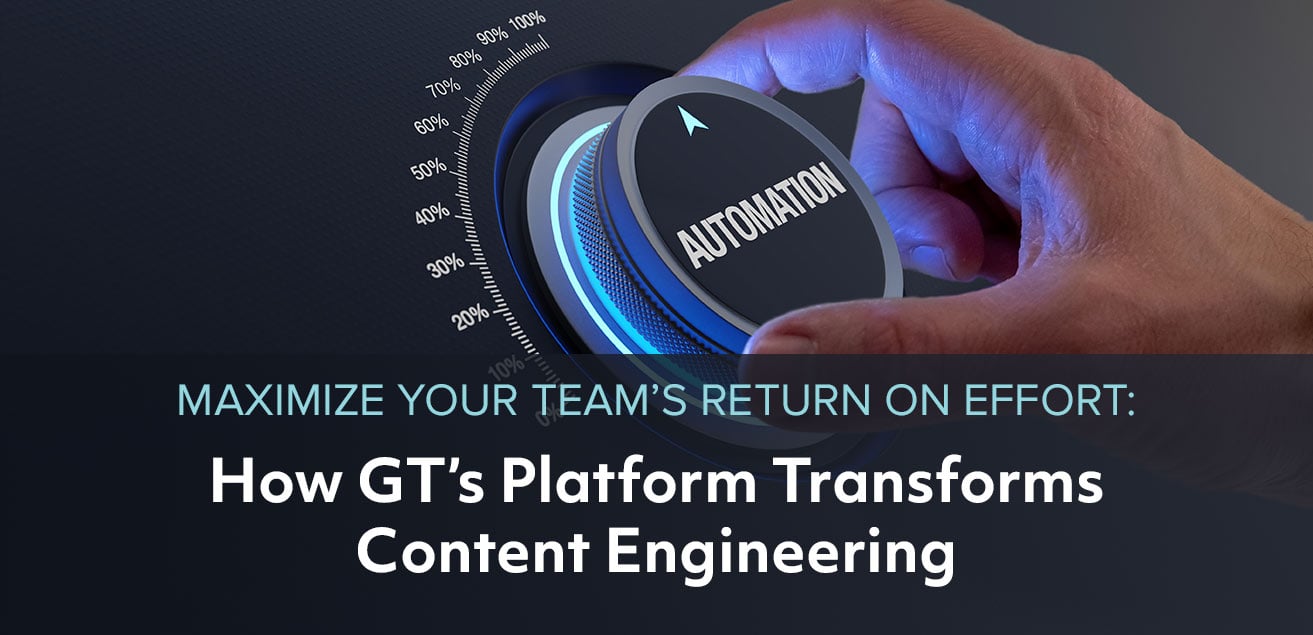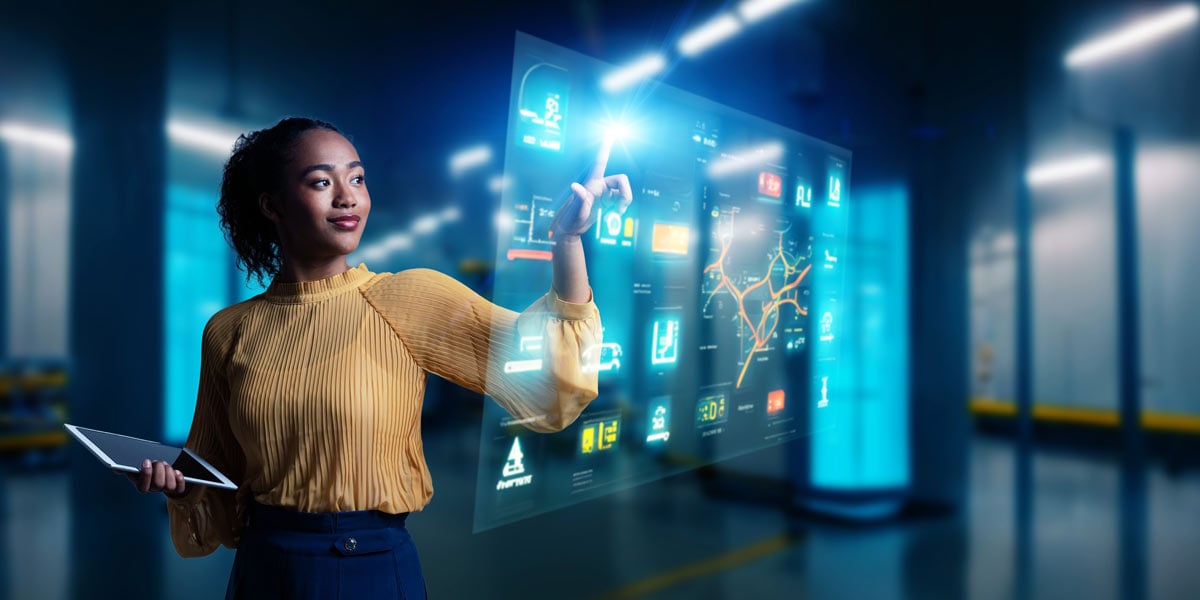Adaptive learning helps organizations provide personalized training to their employees. It's a solution to address the problem that a one-size-fits-all approach to learning, training, etc. simply does not work. Using an employee's responses to knowledge checks to trigger additional resources, adaptive learning addresses the underlying goal of helping that individual truly master the material.
Institutions of higher ed, long the hallmark of traditional learning models, are starting to recognize the power of adaptive learning, especially since eLearning has been shown to increase retention and graduation rates. For example, Arizona State University is implementing the first-ever adaptive learning degree in biology, noting a shift from mass production into individualization. While adaptive learning has been spotted in university programs in small ways over the past several years, ASU is the first to expand its role in such a big way.
The lesson here is that individual people in general, no matter where they are in their educational or professional careers, are complex when it comes to their learning styles and needs. Businesses looking to make a marked improvement to their corporate training programs should leverage this insight as a strong signal of where to start - or how to improve current programs - as colleges and universities are indeed subject matter experts for today’s evolving learner needs.
These 3 tips can ensure that adaptive learning in your workplace makes an impact.
Establish a Coherent Content Structure Strategy
To build corporate adaptive learning that scales, the content strategy must align with both a metadata scheme and the associated content objects. That means that all elements of text, multimedia and any knowledge checks need to correlate meaningfully. The same general framework can be used for multiple training programs - assuming they prove effective - which ensures consistency across the process of building and managing content for each.
Using the same framework will make the content creation process easier and enable more effective scaling, but who creates that structure? This needs to be either communicated from the top-down or newly agreed upon by members of leadership so that literally everyone ends up being on the same theoretical, physical and digital page.
Consider Adaptive Concepts During the Creation Process
It’s much harder to make existing content adaptive. That process is very time consuming and prone to errors. To determine whether or not an existing training module can be reworked as adaptive to best scale, review any data you have from its previous uses to discover room for improvement.
Use roadmaps to visualize when and how training topics are currently introduced as the employee moves through various sections to get a bird's eye perspective on the learning process - does it make sense at this high level? If you have data, does it validate your sense of the training flow working or not? If not, can adaptive branches solve the problem? If not, you probably need to create something new.
Focus on the General and Specific at the Same Time
Developing a customized learning UX is at the core of adaptive learning, but a beautiful and engaging learning experience across programs is important, too. Both these concerns must be balanced during and after the process of scaling adaptive learning.
With the framework mentioned above and the visual roadmaps at your disposal, it’s easy to see how employees could move toward general goals of training completion while also getting support at various points along the way.
When training modules are built with adaptive learning in mind from the outset, it’s much simpler to adjust those goalposts throughout the process where they could benefit from further information and support where data indicates.
Need more advice on creating a stellar employee training program? Download our guide.

.png)




Leave a comment